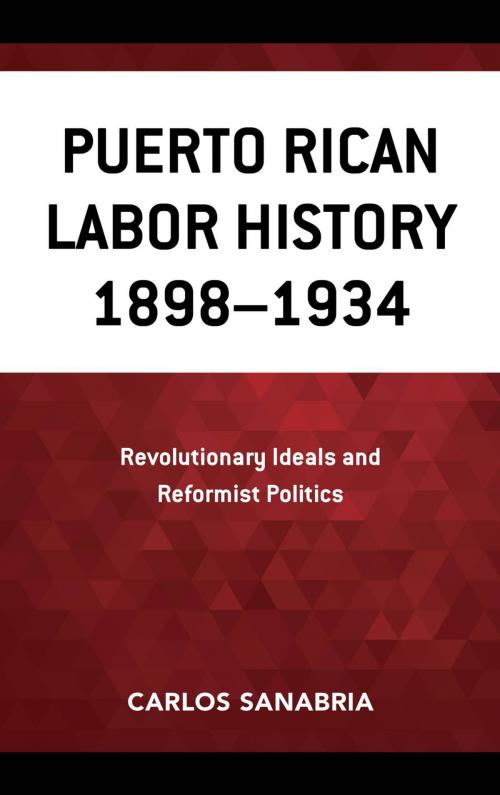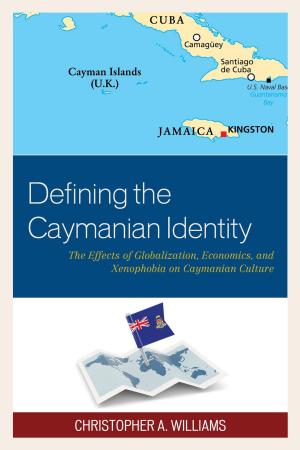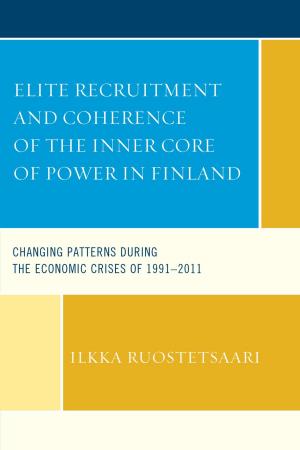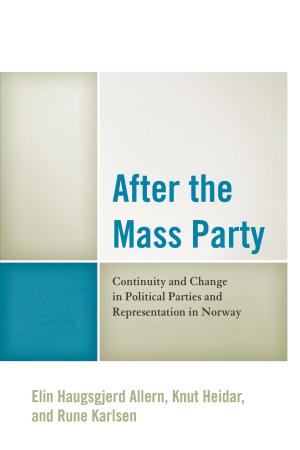Puerto Rican Labor History 1898–1934
Revolutionary Ideals and Reformist Politics
Nonfiction, Social & Cultural Studies, Political Science, International| Author: | Carlos Sanabria | ISBN: | 9781498537841 |
| Publisher: | Lexington Books | Publication: | December 22, 2017 |
| Imprint: | Lexington Books | Language: | English |
| Author: | Carlos Sanabria |
| ISBN: | 9781498537841 |
| Publisher: | Lexington Books |
| Publication: | December 22, 2017 |
| Imprint: | Lexington Books |
| Language: | English |
Puerto Rican Labor History 1898–1934 presents a history of the organized labor movement in Puerto Rico from the United States’ colonial domination of the island in 1898 to the Great Depression in the early 1930s. Although the most prominent Puerto Rican labor leaders in the early twentieth century were strongly influenced by revolutionary European socialist and anarchist ideology, the organized labor movement as represented by the Federación Libre de los Trabajadores de Puerto Rico and the Partido Socialista became a fundamentally reformist trade unionist campaign that relied heavily on the democratic rights guaranteed by the United States government and the support of the American Federation of Labor. Rather than advocating for the overthrow of capitalism, the abolition of private property and the wage labor system, and its replacement by a socialist egalitarian cooperative society free of centralized government authority, the organized workers’ movement focused on the immediate struggle for higher wages and better working conditions by means of the organization of labor and participation in electoral politics.
Puerto Rican Labor History 1898–1934 presents a history of the organized labor movement in Puerto Rico from the United States’ colonial domination of the island in 1898 to the Great Depression in the early 1930s. Although the most prominent Puerto Rican labor leaders in the early twentieth century were strongly influenced by revolutionary European socialist and anarchist ideology, the organized labor movement as represented by the Federación Libre de los Trabajadores de Puerto Rico and the Partido Socialista became a fundamentally reformist trade unionist campaign that relied heavily on the democratic rights guaranteed by the United States government and the support of the American Federation of Labor. Rather than advocating for the overthrow of capitalism, the abolition of private property and the wage labor system, and its replacement by a socialist egalitarian cooperative society free of centralized government authority, the organized workers’ movement focused on the immediate struggle for higher wages and better working conditions by means of the organization of labor and participation in electoral politics.















